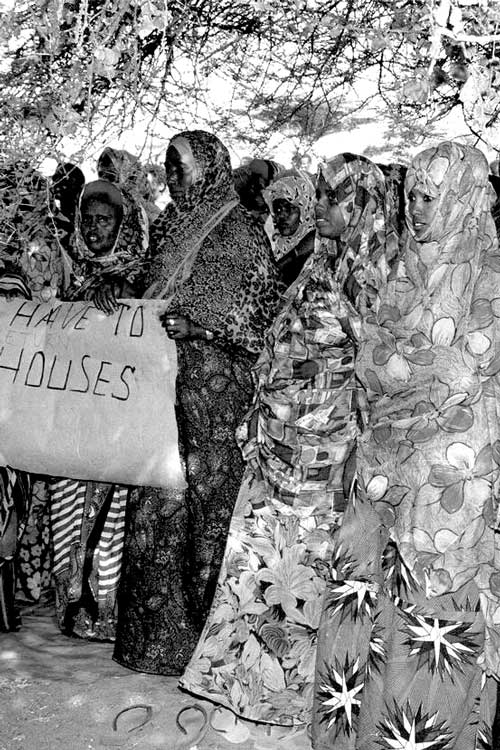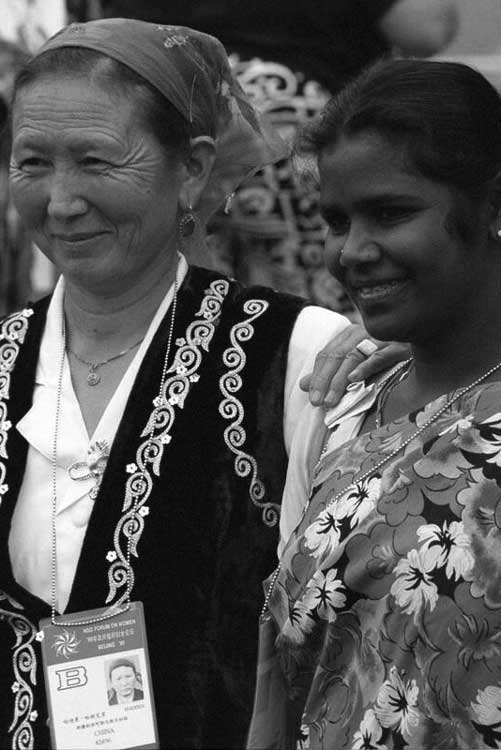There are layered and often counterintuitive histories of the words and concepts of anticolonialism, decolonization, and imperialism. These concepts are key categories in contemporary social sciences and humanities.
The contemporary meaning of colonialism as a descriptor for European rule over Asia and Africa, for example, only took shape in the post-war era.
For instance, as Barbara Arneil has demonstrated, a significant aspect of the history of the idea of colonialism pertained to domestic settings marked by segregation, agrarian labour, and improvement.
Whereas decolonization gained currency as the loss of empire among Europeans in the interwar era, before its wide range of purchase it enjoys now.
A major aim of our cluster is to bring together new works exploring the past and present of these word-concepts.
Two keynote lectures and an internal workshop will be held on this research strand.
What is colonialism?
Is there any coherence to the term either historically or in the contemporary world?
Or should it be understood as incoherent and inherently unstable?


Photo Credits:
Somali women, including elders of the community, assembled for a meeting with Admiral Jonathan T. Howe, Special Representative of the Secretary-General for Somalia. 1993, Jilib, Somalia. UN Photo/Milton Grant. UN7755683.
Attendees at the Non-Governmental Organizations Forum held in Huairou, China as part of the United Nations Fourth World Conference on Women held in Beijing, China on 4-15 September 1995. UN Photo/Milton Grant. UN7549832.